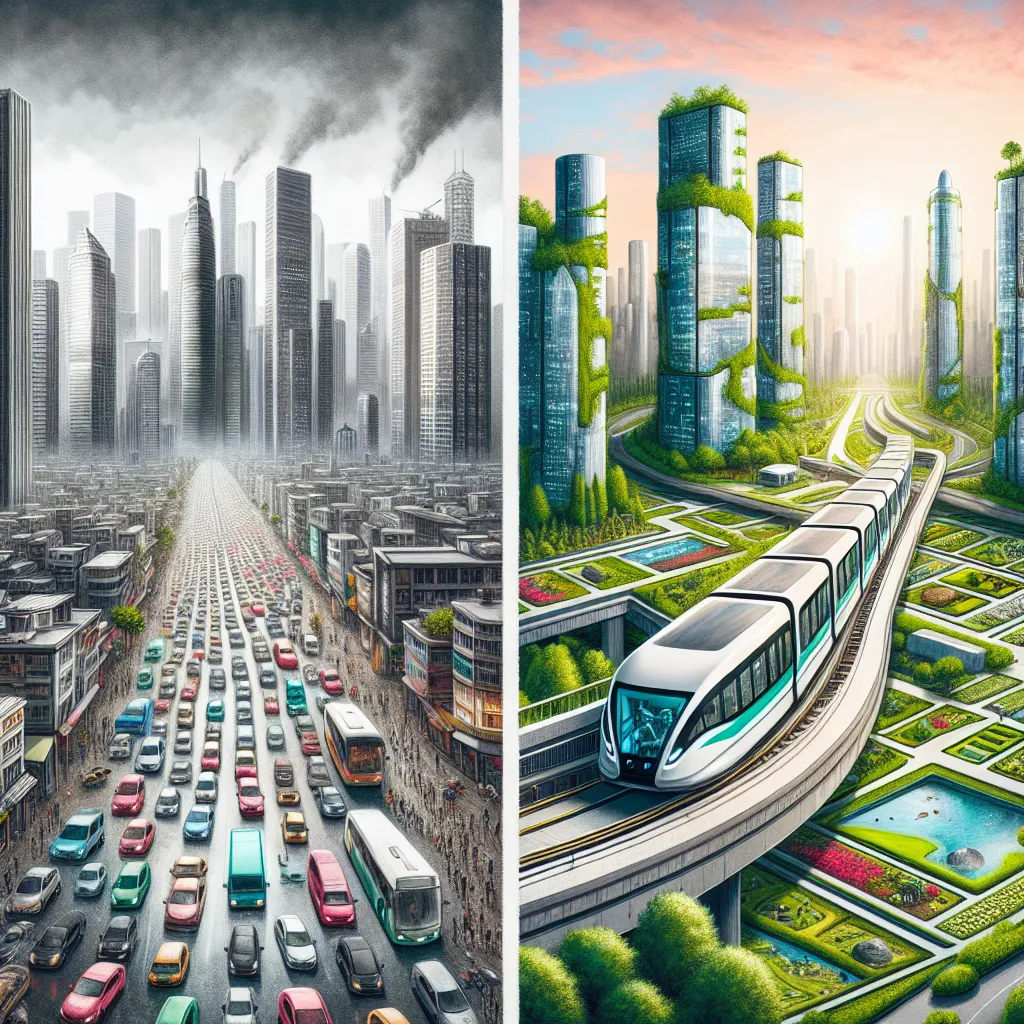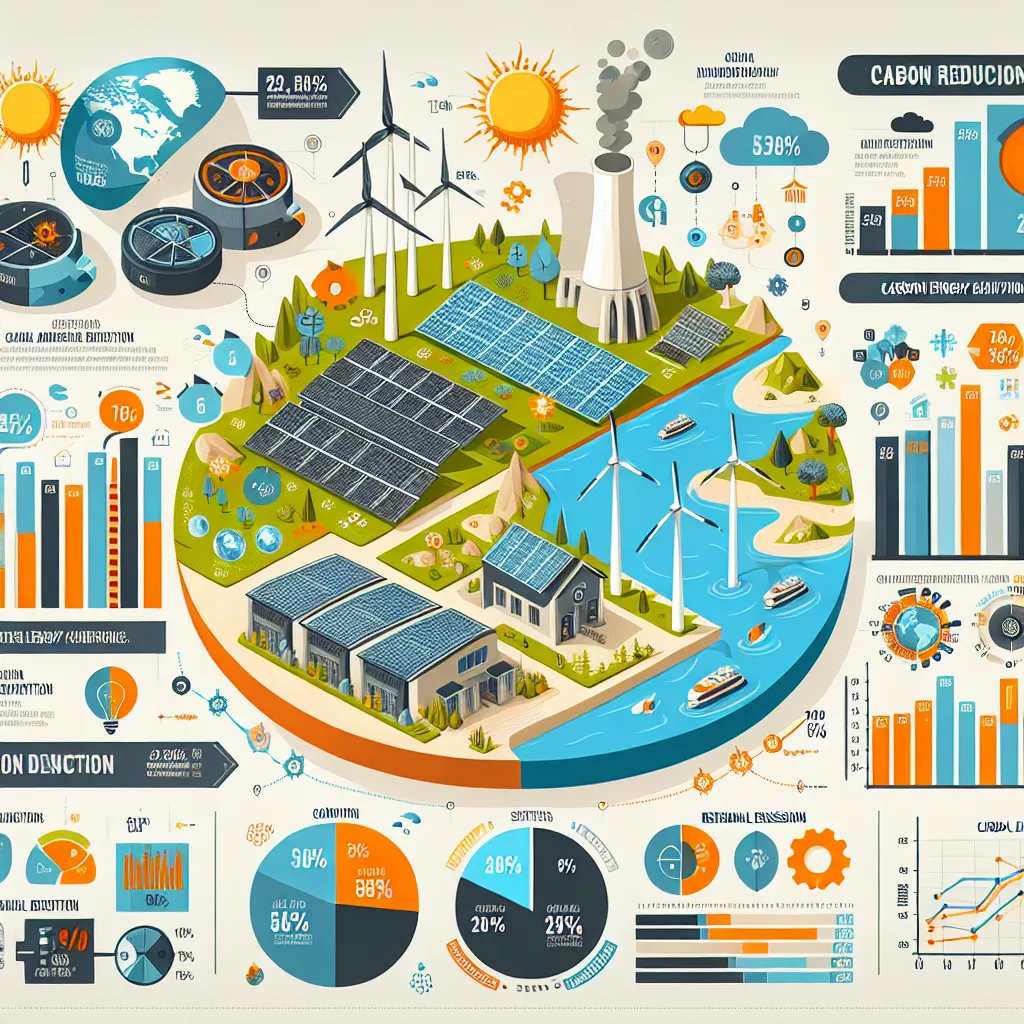The impact of technological change on employment is a recurring theme in IELTS Writing Task 2. Based on recent trends and historical data from official IELTS exams, this topic has appeared frequently and is likely to continue being a popular subject in future tests. Let’s explore a sample question and provide model essays to help you prepare for this challenging topic.
Nội dung bài viết
Some people believe that technological advancements lead to job losses, while others argue that they create new employment opportunities. Discuss both views and give your own opinion.
Analyzing the Question
This question requires you to:
- Discuss the view that technological advancements cause job losses
- Discuss the opposing view that technological advancements create new job opportunities
- Provide your own opinion on the matter
Remember to address all parts of the question and support your arguments with relevant examples and explanations.
Model Essay 1 (Band 8-9)
The relationship between technological progress and employment has long been a subject of debate. While some argue that advancements in technology inevitably lead to job losses, others contend that these changes create new employment opportunities. In my opinion, while technological change does indeed disrupt certain industries and eliminate some jobs, it ultimately generates more opportunities and contributes to overall economic growth.
Those who believe that technology leads to unemployment often point to historical examples of automation replacing human workers. For instance, the introduction of assembly lines in manufacturing drastically reduced the need for manual labor in factories. More recently, self-checkout systems in retail stores have decreased the demand for cashiers. These examples demonstrate how technological advancements can indeed render certain jobs obsolete, causing short-term unemployment and economic hardship for affected workers.
On the other hand, proponents of technological progress argue that it creates new industries and job opportunities that didn’t previously exist. The rise of the internet, for example, has given birth to entire sectors such as e-commerce, digital marketing, and cybersecurity. Additionally, as technology evolves, it often creates demand for new skills and specializations. For instance, the growing field of artificial intelligence has led to a surge in demand for data scientists and machine learning engineers. These new roles often offer higher salaries and better working conditions than the jobs they replace.
In my view, while the short-term disruptions caused by technological change cannot be ignored, the long-term benefits outweigh the drawbacks. History has shown that economies and labor markets have a remarkable ability to adapt to technological shifts. The key lies in managing this transition effectively. Governments and businesses must invest in education and retraining programs to help workers acquire the skills needed for emerging industries. Furthermore, policies that promote innovation and entrepreneurship can help create new job opportunities and drive economic growth.
In conclusion, while technological advancements do lead to job losses in certain sectors, they ultimately create more opportunities than they eliminate. The challenge lies in managing this transition to minimize disruption and ensure that the benefits of technological progress are widely shared. By focusing on education, retraining, and fostering innovation, societies can harness the power of technology to create a more prosperous and dynamic economy.
(Word count: 364)
Model Essay 2 (Band 6-7)
The impact of technology on jobs is a topic that many people debate. Some think that new technology causes people to lose their jobs, while others believe it creates new job opportunities. In my opinion, both views have some truth, but overall technology brings more benefits than problems to employment.
People who say technology leads to job losses have some good points. When machines or computers can do tasks that humans used to do, companies often need fewer workers. For example, in factories, robots now do many jobs that people used to do. This means some factory workers lose their jobs. Also, in shops, self-checkout machines mean fewer cashiers are needed. These examples show how technology can take away some jobs.
However, others argue that technology creates new types of jobs. As new technologies are developed, new industries appear that need workers with new skills. For instance, the growth of the internet has created many jobs in website design, online marketing, and app development. These are jobs that didn’t exist before. Also, as some jobs disappear, new ones are often created to manage and maintain the new technology. This shows how technology can create employment opportunities.
In my view, while it’s true that some jobs are lost due to technology, overall more jobs are created. The important thing is for people to learn new skills to work with new technologies. Governments and companies should provide training to help workers adapt to changes in technology. This can help people find new jobs when old ones disappear. Also, new technology often makes work easier and more productive, which can lead to economic growth and more jobs in the long run.
To conclude, although technology does cause some job losses, it also creates many new opportunities. The key is to manage these changes well and help workers adapt. By doing this, we can benefit from new technologies while minimizing the negative effects on employment.
(Word count: 323)
 Impact of Technology on Employment
Impact of Technology on Employment
Key Points to Remember When Writing
-
Address all parts of the question: Ensure you discuss both viewpoints and provide your own opinion.
-
Use specific examples: For band 8-9, use detailed and relevant examples to support your arguments. For band 6-7, examples can be more general but should still be relevant.
-
Paragraph structure: Each paragraph should have a clear main idea and supporting details.
-
Cohesion and coherence: Use linking words and phrases to connect ideas within and between paragraphs. Higher band scores require more sophisticated linking.
-
Vocabulary and grammar:
- For band 8-9: Use a wide range of vocabulary and complex sentence structures accurately.
- For band 6-7: Use a good range of vocabulary with some less common words and a mix of simple and complex sentences.
-
Conclusion: Summarize your main points and clearly state your opinion.
Essential Vocabulary
- Technological advancements (noun phrase) /ˌteknəˈlɒdʒɪkl ədˈvɑːnsmənts/ – improvements in technology
- Job displacement (noun phrase) /dʒɒb dɪsˈpleɪsmənt/ – the loss of jobs due to changes in technology or the economy
- Automation (noun) /ˌɔːtəˈmeɪʃn/ – the use of machines or computers to do work previously done by humans
- Adapt (verb) /əˈdæpt/ – to change to suit new conditions
- Retraining (noun) /ˌriːˈtreɪnɪŋ/ – the process of learning new skills, especially to do a different job
- Innovation (noun) /ˌɪnəˈveɪʃn/ – the introduction of new ideas or methods
- Economic growth (noun phrase) /ˌekəˈnɒmɪk ɡrəʊθ/ – an increase in the amount of goods and services produced in a country
- Disruption (noun) /dɪsˈrʌpʃn/ – disturbance or problems which interrupt an event, activity, or process
- Obsolete (adjective) /ˈɒbsəliːt/ – no longer in use or no longer useful
- Entrepreneurship (noun) /ˌɒntrəprəˈnɜːʃɪp/ – the activity of setting up businesses and taking financial risks in the hope of profit
In conclusion, mastering the topic of technological change and its impact on employment is crucial for success in IELTS Writing Task 2. Remember to analyze the question carefully, structure your essay logically, and use a range of vocabulary and grammatical structures appropriate to your target band score. Practice writing essays on this topic and related themes, such as the impact of technological disruption on employment or the effect of technology on traditional industries. You can also explore topics like recent advancements in technology affecting work or study to broaden your understanding of this subject area.
To further improve your skills, try writing your own essay based on the question provided in this article. Share your essay in the comments section below for feedback and discussion with other learners. This active practice will help you refine your writing skills and prepare effectively for your IELTS exam.


